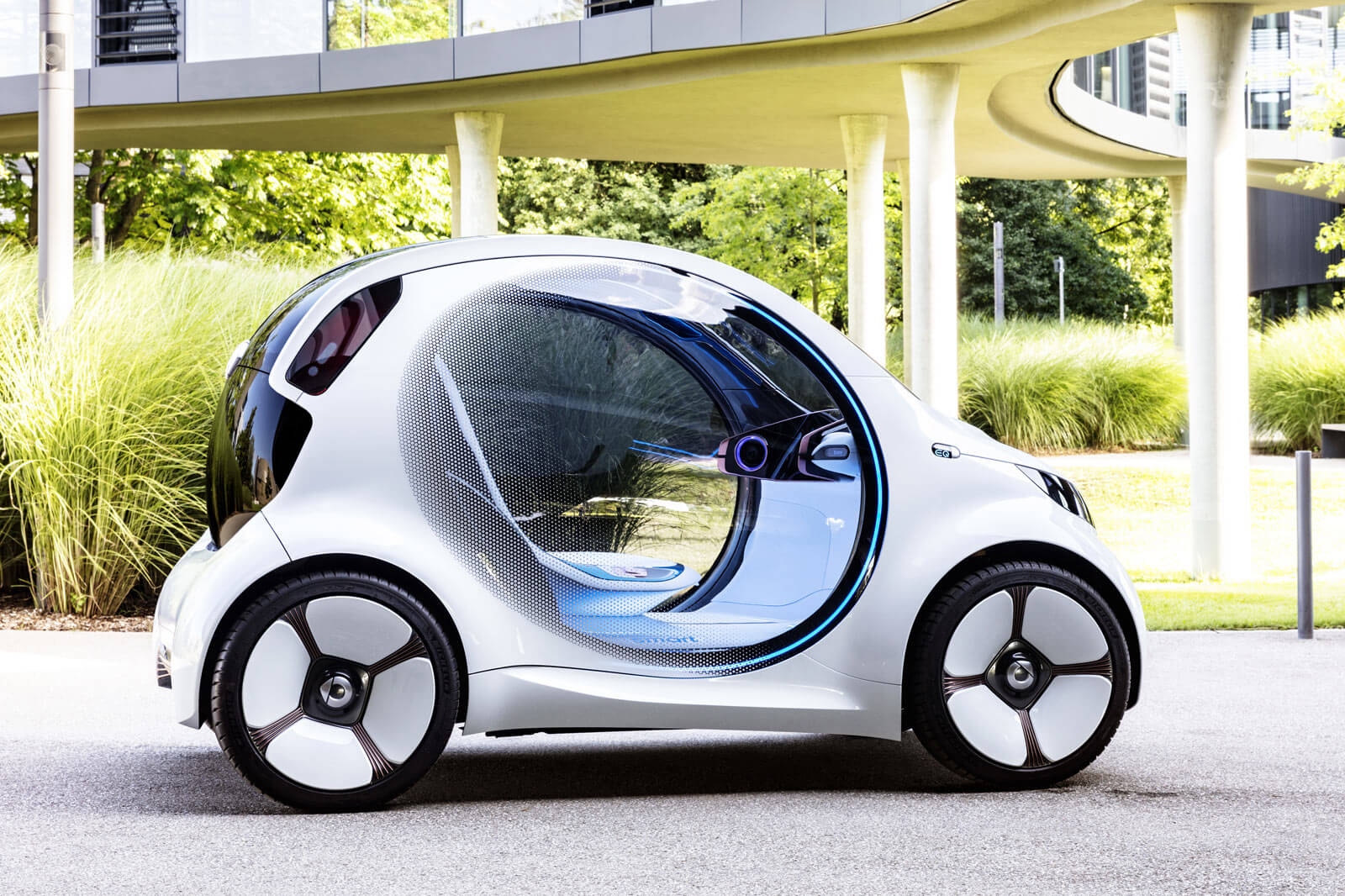Responsible innovation is disrupting the innovation process across several organisations.
It has emerged for more than ten years in France by promoting viable decision making in the innovation process in many industries including information technology, the service sector and manufacturing.
The main objective of responsible innovation is to integrate, throughout the innovation process, from design to marketing, measures promoting respect for the environment, the use of non-polluting materials, the sorting of waste, the recycling, protection of workers, customers and employees. It also takes into account factors that will be immediately impacted by innovation directly or indirectly.
Responsible innovation is not the quest in itself to improve the environment, human health and working conditions, but the integration of all these dimensions regardless of the innovation. And if there is a strong need for responsible and social innovation, integrating responsibility into the innovation process is crucial than ever. Responsible innovation comprises all existing and future structures, whatever their size, sector or location. More specifically, responsible innovation is an iterative development process that combines an analysis of the possible consequences of the step-by-step innovation of a project with the imperatives of stimulating creativity throughout the development phases. The consequences on social, economic and environmental performance are monitored throughout the life cycle and corrective actions are anticipated accordingly through reintegration into the previous development phase.

Vulog, the world leader in shared mobility technologies, is seeking to join this responsible innovation process. If the solution that the company is developing aims to improve the environment by reducing pollution and congestion in cities, its “responsible innovation”framework provides an ambitious ecosystem which include: private actors (automotive industry, energy suppliers, insurance companies, etc.), public organizations (cities and communities, urban transport networks, etc.) and individuals.
Vulog's AiMA (Artificial Intelligence Mobility Applied) platform provides a complete solution to mobility operators: fleet and user management, business intelligence tools to optimize operations, white-label mobile applications and on-board technology in vehicles to facilitate operations including access from a simple smartphone. It allows major automotive players (Volkswagen, Kia Motors, Renault, Groupe PSA and Hyundai) as well as new mobility operators from industries undergoing transformation (energy, insurance and real estate) to launch and operate car-sharing vehicle services (cars, scooters, bicycles or electric scooters) on a large scale, all over the world (from Paris to Vancouver, via Stockholm, Los Angeles or Wellington).
Because 12% of CO2 emissions in large cities come from personal vehicles and a car-sharing car replaces 12 on average, this technology makes it possible to develop greener and more inclusive “mobility-as-a-service”. Vulog also advises cities and international institutions, starting with UNESCO, as part of their “smart & sustainable cities” strategies, and the AiMA platform has received the “Solar Impulse Efficient Solution” label for its contribution to the fight against global warming.
The company has also developed its "Vulog Labs" to shape the future of mobility. Its engineers and data scientists are developing AI-based predictive tools intended to maximize the efficiency of fleet management operations and accelerate the achievement of profitability for operators. This laboratory also deploys open-innovation programs in the fields of smart charging, smart parking, the production of “carsharing ready” vehicles leaving the factory, and the simulation of shared autonomous vehicle operations (robotaxis ).
The stakes are considerable for organizations to integrate the concept of responsible innovation. Organizations that are steps ahead in the mobility of tomorrow can leverage the power of responsible, concrete and tangible innovation. The future of mobility affects each of us on a daily basis, it's up to us to follow suit and take part of the responsible innovation movement.
About the Authors
Xavier Pavie, Professor at ESSEC Business School, director of the iMagination center. Latest work published: Critical Philosophy of Innovation and the Innovator (ISTE 2020)
Alexandra Lougovoy, Chief Marketing Officer at Vulog.




Leave your comments
Post comment as a guest